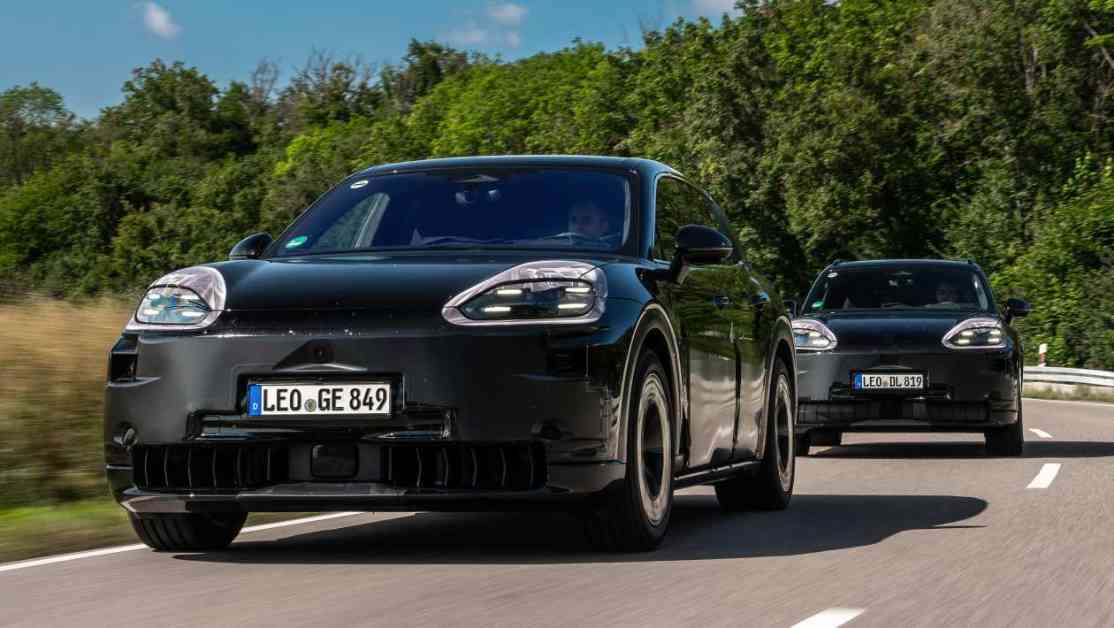Porsche recently announced that they will continue selling their combustion-powered Cayenne model even after the release of an all-new, all-electric fourth generation Cayenne SUV in 2025. This decision marks a departure from their previous choice to discontinue the smaller combustion-powered Macan once its electric replacement was introduced. It reflects Porsche’s concerns about the slowing momentum towards electric vehicles.
CEO Oliver Bloom stated that the current third-generation Cayenne will receive further upgrades and will be available alongside the new all-electric generation until at least 2030. This means that the Porsche Cayenne lineup will consist of three models: the existing ICE SUV and Coupe variants, as well as the upcoming all-electric model.
The new fourth-generation Cayenne is already in development and will be based on the PPE platform, which is exclusively for electric vehicles. However, this platform cannot accommodate combustion engines, which is why the current petrol and plug-in hybrid Cayenne models, built on the MLB-Evo platform, will continue to be produced. This platform received a significant update last year with improved engines and a new interior design.
Porsche’s decision to keep the combustion-powered Cayenne in production is a strategic shift driven by the declining interest in all-electric models. However, the company remains committed to electrification, aiming to have over 80% of their new cars fully electrified by 2030, depending on customer demand and regional developments in electromobility.
In conclusion, Porsche’s move to retain the combustion-powered Cayenne in their lineup alongside the new all-electric model reflects the changing landscape of the automotive industry and the brand’s adaptation to shifting consumer preferences. It highlights the challenges faced by traditional automakers in transitioning to electric vehicles while continuing to meet the demands of their customer base.









